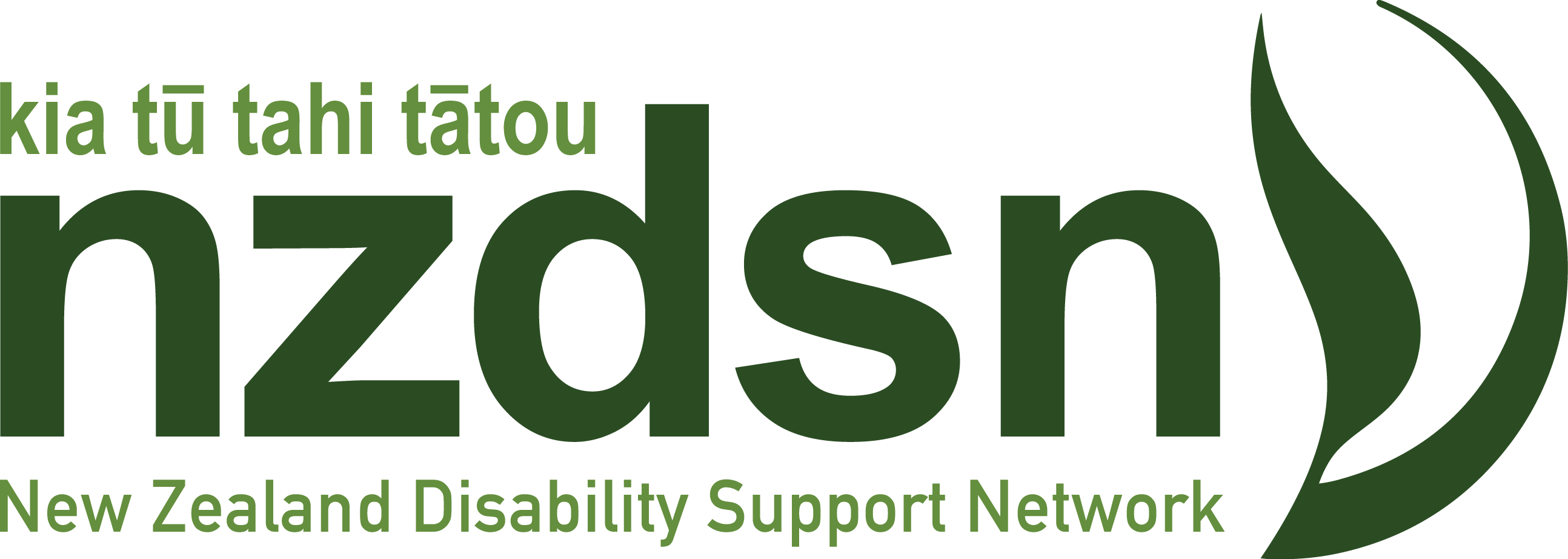Peter Reynolds, New Zealand Disability Support Network CEO
Since the Whaikaha review’s first set of recommendations were released, Minister Upston has repeated several times that she’s focused on ensuring the sector can live within its means, and those with the greatest needs are supported first.
On the face of it, that seems like common sense and should be well received – but what happens to those with the greatest need when the budget is exhausted.
Right now, millions are being cut out of the social sector, including disability support. Are these moves and this rhetoric about correcting a perceived over-expectation of the disabled community? Minister Upston says disability support funding is there to support needs, not wants. But who decides what’s a need and what’s a want?
Anyone who works in disability support will tell you this is a complicated area. Nothing is straightforward, one size definitely doesn’t fit all and trying to see everything through a lens like this soon breaks down.
What about a disabled person who’s currently supported by their elderly family – if that situation deteriorates rapidly and the state could end up with three people in need of support instead of one, would that be a need or a want?
If a person is in a residential service and wants to look at other options, their ability to return to a residential service isn’t guaranteed if it doesn’t work out. Is that a need or a want?
A family member has expressed they are finding it difficult to access respite with funding restrictions. Is that a need or a want?
School leavers want to know more about working in disability support, and with so much uncertainty in our sector, we can’t give them accurate information. Is that a need or a want?
Since the disability support Independent Review Recommendations and NASC Guidelines’ release, we’ve urgently pushed for those most in need of residential support, caught up in the introduction of panels, committees, forms and changes in personnel within the Ministry(ies) to have their urgent needs met now. We’ve been assured that is the case. But that’s not what we’re hearing from NASC’s, providers and from disabled people and families.
Despite the governments’ assurance they support frontline workers, the effective funding cuts and series of reviews and recommendations rolling out are making their jobs harder, affecting their employers’ organisations and are leaving disabled people seeking support in limbo.
